2 Day: Certified Dementia Care Specialist – M. CATHERINE WOLLMAN (Digital Seminar)
Description:
Dementia can create daunting challenges to patients, families and the healthcare team. Do you feel prepared to manage and anticipate the complex patient needs? Have there been times in the past that you wished you had been able to do more when you witnessed the frustrations, the fears, the behaviors…?
Catherine Wollman, DNP, CRNP, GNP-BC, is excited to share with you the proven best practices. The combination of evidence, ingenuity and compassion forge the way to address what can feel like a hopeless situation for the patients and loved ones you’re responsible for. Heartwarming stories will be shared to reinforce important take away’s that can be immediately applied to benefit your own practice.
Demonstrate your expertise caring for this patient population as you earn your certification as an Evergreen Certified Dementia Care Specialist through Evergreen Certifications. After this training, you will meet the educational hours to qualify for this respected certification (visit www.evergreencertifications.com/ecdcs for details).
Purchase today! You will leave equipped with new clinical insights and critical thinking skills so that you won’t need to feel uncertain anymore!
Best of all, upon completion of this live training, you’ll be eligible to become an Evergreen Certified Dementia Care Specialist (ECDCS) through Evergreen Certifications. Certification lets colleagues, employers, and clients know that you’ve invested the extra time and effort necessary to understand the complexities of dementia care counselling. Professional standards apply. Visit www.evergreencertifications.com/ecdcs for details.
Outline:
Differentiate Neurodegenerative Disorders
- Alzheimer’s disease
- Vascular disease
- Frontotemporal disorder
- Lewy body disease
- Traumatic Brain Injury
Update on Delirium
- Acute or persistent delirium
- Screening and diagnosis
- Prevent life threatening consequences
- Evidence-based medications and treatment
- Long term consequences
Diagnosis of Neurocognitive Disorders/Dementias
- Reversible dementia-like disorders and conditions
- Validated cognitive screening tools
- New diagnostic criteria and stages of dementia
- Family response to diagnosis
Pharmacologic Therapies for Neurocognitive Disorders/Dementias
- Cholinesterase inhibitors
- NMDA receptor antagonists
- Antidepressants
- Antipsychotics and other psychotropic drugs
- Evaluate new drugs and learn medications to avoid
- Consider risk, side effects, and efficacy for older adults
Behavioral and Psychological Symptoms of Dementia (BPSD)
- Vast majority of patients with one or more BPSD
- Serious negative consequences of untreated behaviors
- Tools to systematically assess the presence and severity of symptoms
- Investigation of multiple contributing factors
- Interdisciplinary creation and evaluation of a treatment plan
Interventions for Common Distressing Behaviors
- Agitation, anxiety and restlessness that lead to emotional distress and disability
- Apathy that contributes to poor prognosis and increased mortality
- Sexually inappropriate behaviors – one of the most distressing behaviors
- Frustration of changing behaviors over time
Best Practice for Unique Challenges
- Eliminate pain-inducing factors to diminish behaviors
- Nutrition and hydration challenges with disease progression
- Sleep disorders and evidence-based management
- Depression and effective therapy
- Psychotic symptoms: Nonpharmacological and pharmacological interventions
Ethical Issues
- Safety, function and autonomy
- Comfort and dignity
- Advance care planning
- Palliative care and hospice
- Genetic testing
- Disclosure of diagnosis
Patient/Family Needs Across the Disease Trajectory
- Professional and family caregivers
- Community Resources
Case Studies and Clinical Stories
NLP online course
So what is NLP?
Firstly, NLP stands for Neuro-Linguistic Programming. Secondly neuro refers to your neurology;
Thirdly linguistic refers to language however, programming refers to how that neural language functions.
As a result,In other words, learning NLP is like learning the language of your own mind!
Moreover, NLP is the study of excellent communication–both with yourself, and with others.
It was developed by modeling excellent communicators and therapists who got results with their clients.
NLP is a set of tools and techniques, but it is so much more than that.
In conclusion, It is an attitude and a methodology of knowing how to achieve your goals and get results.
Preview Information:
Original Page
Archive Page
More Course: NLP – HYPNOSIS – PHILOSOPHY
Outstanding Course:3-Day: Dialectical Behavior Therapy…


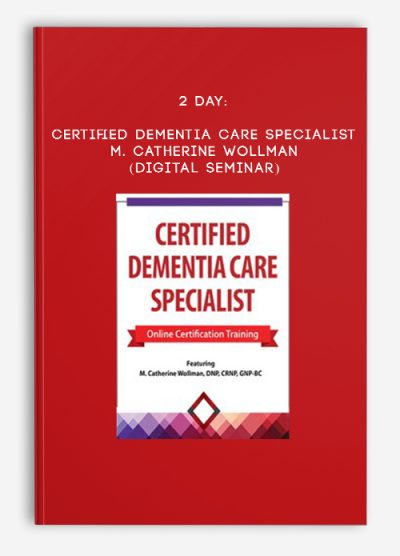
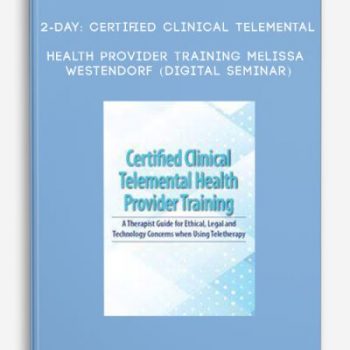
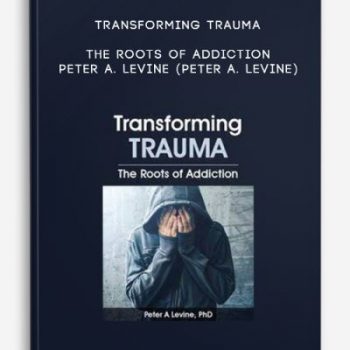
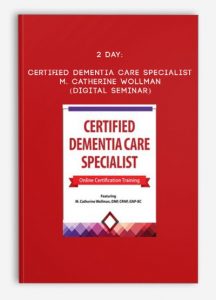




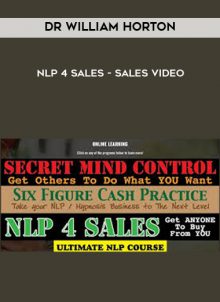

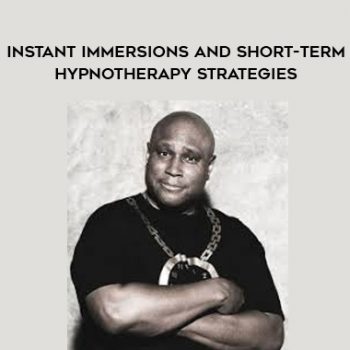

Lord –
This is Digital Download service, the course is available at Vincourse.com and Email download delivery.